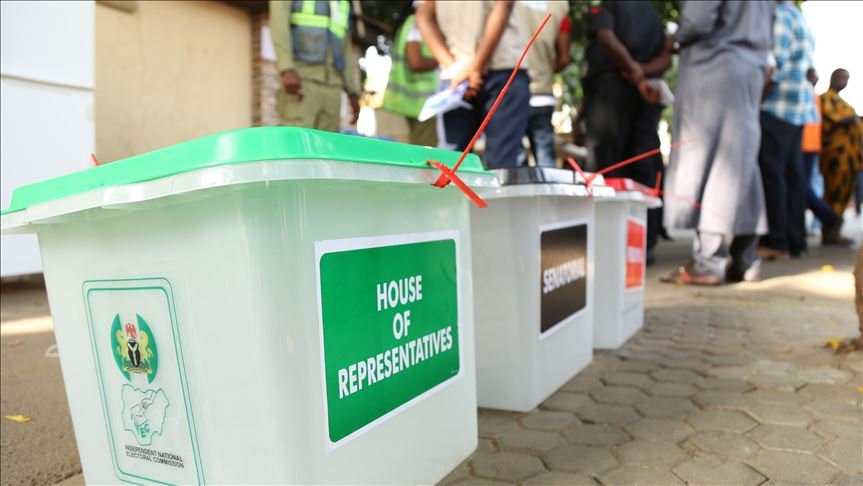Journalists can strive to be unbiased in their news reports by following some best practices:
- Seek multiple perspectives: Journalists should seek multiple perspectives on a story to ensure that they are presenting a complete and balanced view of the issue. They can do this by interviewing people with different backgrounds, experiences, and opinions.
- Use reliable sources: Journalists should use reliable sources for their information, such as government reports, academic studies, and expert opinions. They should also be transparent about their sources and how they obtained their information.
- Fact-check: Journalists should fact-check their information to ensure its accuracy. They can do this by cross-checking with other sources and verifying any statistics or data.
- Avoid personal biases: Journalists should be aware of their own personal biases and strive to avoid them in their reporting. They should avoid expressing personal opinions in their reporting and stick to the facts.
- Provide context: Journalists should provide context for the information they present to help readers understand the significance of the story and its impact on society.
- Be transparent: Journalists should be transparent about their reporting methods, sources, and any conflicts of interest they may have. This helps to build trust with their audience.
It is important to note that while journalists strive to be unbiased, complete neutrality may not be possible. Journalists are human beings with their own perspectives and biases, and these may influence their reporting to some extent. However, by following these best practices, journalists can minimize the impact of their biases and present a fair and balanced view of the news.

